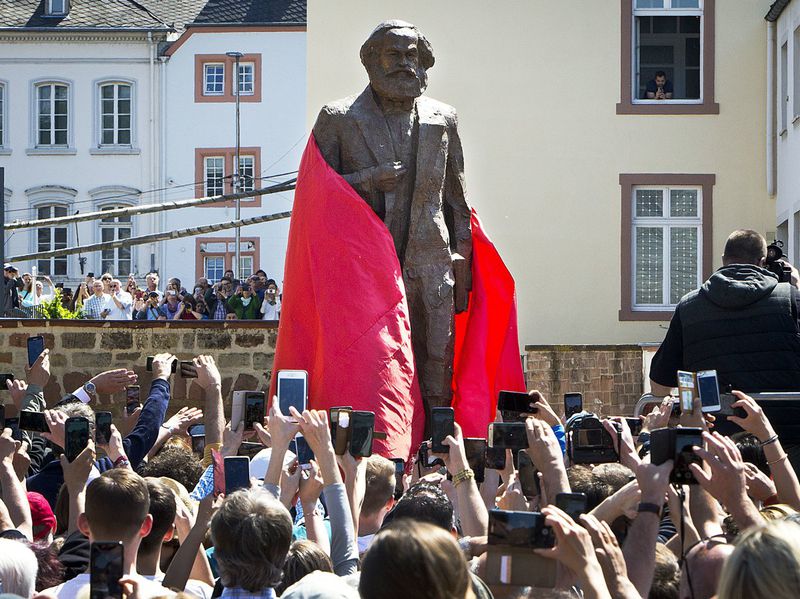Italy and Spain
Unsigned, L’Ordine Nuovo, 11 March 1921
Text from Antonio Gramsci “Selections from political writings (1921-1926)”, translated and edited by Quintin Hoare (Lawrence and Wishart, London 1978), transcribed to the www with the kind permission of Quintin Hoare.
What is fascism, observed on an international scale? It is the attempt to resolve the problems of production and exchange with machine-guns and pistol-shots. The productive forces were ruined and dissipated in the imperialist war: twenty million men in the flower of their youth and energies were killed; another twenty million were left invalids. The thousands upon thousands of bonds that united the various world markets were violently broken. The relations between city and countryside, between metropole and colonies, were overturned. The streams of emigration, which periodically re-established the balance between the excess population and the potential of the means of production in individual countries, were profoundly disturbed and no longer function normally. A unity and simultaneity of national crises was created, which precisely makes the general crisis acute and incurable. But there exists a stratum of the population in all countries – the petty and middle bourgeoisie – which thinks it can solve these gigantic problems with machine-guns and pistol-shots; and this stratum feeds fascism, provides fascism with its troops.
In Spain, the organization of the petty and middle bourgeoisie into armed groups occurred before it did in Italy; it had already begun in 1918 and 1919. The world war cast Spain into a terrible crisis before other countries: the Spanish capitalists had in fact already looted the country and sold all that was saleable in the first years of the conflagration. The Entente paid better than the poor Spanish consumers were able to do, so the owners sold all the wealth and goods which should have provided for the national population to the Entente. By 1916, Spain was already one of the richest European countries financially, but one of the poorest in goods and productive energies. The revolutionary movement surged forward; the unions organized almost the entirety of the industrial masses; strikes, lockouts, states of emergency, the dissolution of Chambers of Labour and peasant associations, massacres. street shootings, became the everyday stuff of Political life. Anti-Bolshevik fasces (somaten) were formed. Initially, as in Italy, they were made up of military personnel, taken from the officers’ clubs (juntas), but they swiftly enlarged their base until in Barcelona, for example, they had recruited 40,000 armed men. They followed the same tactics as the fascists in Italy: attacks on trade-union leaders, violent opposition to strikes, terrorism against the masses, opposition to all forms of organization, help for the regular police in repressive activity and arrests, help for blacklegs in agitation involving strikes or lockouts. For the past three years Spain has floundered in this crisis: public freedom is suspended every fortnight, personal freedom has become a myth, the workers’ unions to a great extent function clandestinely, the mass of workers is hungry and angry, the great mass of the people has been reduced to indescribable conditions of savagery and barbarism. Moreover, the crisis is intensifying, and the stage of individual assassination attempts has now been reached.
Spain is an exemplary country. It represents a phase through which all the countries of Western Europe will pass, if economic conditions continue as they are today, with the same tendencies as at present. In Italy, we are passing through the phase which Spain passed through in 1919: the phase of the arming of the middle classes and the introduction into the class struggle of military methods of assault and surprise attack. In Italy too, the middle class thinks it can resolve economic problems by military violence. It thinks it can cure unemployment by pistol-shots; it thinks it can assuage hunger and dry the tears of the women of the people with bursts of machine-gun fire. Historical experience counts for nothing with petty bourgeois who do not know history. Similar phenomena are repeated and will continue to be repeated in other countries, apart from Italy. Has not the same process affected the Socialist Party in Italy, as had already occurred several years earlier in Austria, Hungary and Germany? Illusion is the most tenacious weed in the collective consciousness; history teaches, but it has no pupils.

